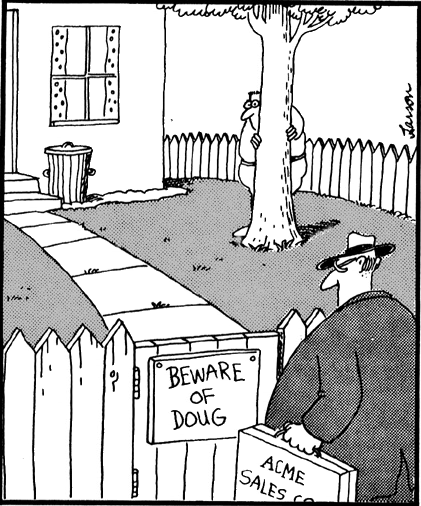 Now I think he has way to favorable a take on the latest CBO score.
He wrote
Now I think he has way to favorable a take on the latest CBO score.
He wrote
Ryan's 2014 Medicare plan is different still. The voucher is now based on the average bid, not the second-lowest bid, and the inflation cap is gone. The market will either produce savings or it won't. [skip] The CBO has analyzed the effect of Ryan's 2014 changes, and they conclude that by 2020 the Ryan plan would save a grand total of $15 billion per year. That's 2 percent of net Medicare spending.Now, this is nothing to sneeze at. Savings are savings. However, like the cost containment proposals that are part of Obamacare, this represents a highly speculative estimate. We might get the 2 percent, we might get nothing.
I comment.
Recently I warned you to beware of Doug (Elmendorf head of the CBO). You guessed Obamacare would reduce the number of uninsured would be by 10 million by December 31. I guessed the CBO guess of 13 million would turn out to be about right. OK so now the CBO says 12 million so I can beware of Doug or note that they also reduced their exchange based QHP estimate by one million and look how that turned out.
But now I cast aside all fear of Doug and wonder how the hell anyone can imagine that the 2014 Ryan plan will reduce Medicare spending. We have some experience with something very much like it called Medicare advantage, which reduced spending by -14%, that is, increased spending by about 14%. Ryan2014 sure seems to me to be Medicare advantage on steroids, crack and crystal meth. What happens if the average plan costs much more than ordinary CMS Medicare ? It seems to me the plan would be to send the difference to all the people who stick with the CMS. Now I do not guess that this that would increase spending by 14 % -- there would be some competition between the private option providers instead of the Medicare advantage formula (about which you know more that I do). But I don't see any reason to doubt that the Ryan2014 proposal would cost more than unreformed Medicare.
You guess the reasonable range is 2% saving to 0% saving. That sounds to me to be vastly too kind to Ryan. If I had to guess, I'd guess his reform would cause spending to be at least $50 billion a year higher. This is a wild guess, but I don't see how anyone can have any doubt about the sign of the effect.
No comments:
Post a Comment